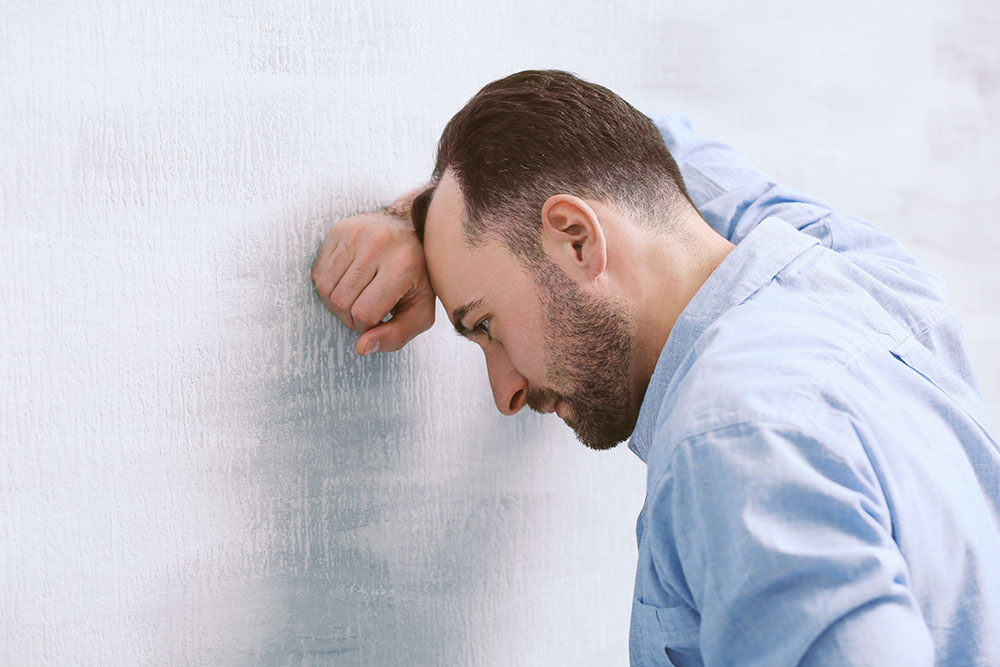I thought I was different. I thought, “Yes, I was an addict, but it was only due to prescription painkillers my doctor gave me. I’m not getting that prescription anymore, so problem solved.” I couldn’t have been more wrong.
What I didn’t know is that it doesn’t matter what your drug of choice is, relapse is something that can and does occur if recovery is not your first priority. In fact, I was a classic case, because I was confusing abstinence with recovery. After my first relapse, I sought counseling and learned that abstinence is merely the first step. True recovery involves a complete lifestyle change to one that is both healthy and fulfilling.
After my second relapse, I learned that even those of us who understand what true recovery is and are taking steps to make those necessary changes can still be vulnerable to the most common relapse triggers.
Lack of Support – In my family, we didn’t talk about our weaknesses. We were taught to suck it up and do something about it. My doctor did refer me to a recovery group, but I didn’t think I needed it. After my first relapse, I broke down and gave it a chance, but it wasn’t enough without the support of family and friends.
Stress – It’s ironic, because my stress level was partly what led to my addiction in the first place. Popping those pills started as a temporary remedy that morphed into a habit that became an addiction. Now it was hindering my recovery. I was told I should avoid all stressful situations, but that turned out to an abject failure. I couldn’t avoid all the stress in my life.

Recovery Fallout – It became necessary for me to shun family and friends due to their lack of support, but then I had this big void in my life that I had no idea how to fill.
Life in the Past – In recovery, they talk about people, places, and things. My downfall was places. At the height of my addiction, I was seeing six different doctors and using the same number of different pharmacies. Many of their offices and storefronts were in my neighborhood or on my way to and from work. Passing by them, especially on a particularly rough day, felt like torture, and I missed the old days when those places represented relief.
Complacency – After breaking down and finally enrolling in a treatment program, I still didn’t completely “get it”. After spending 30 days in a facility, I thought it was a done deal. I stopped going to my support group meetings and seeing my therapist, and before long, I suffered yet another relapse.
Holidays – Holidays were really rough for me, not because I was popping pills with family and friends, but because I was self-medicating to get through them. These were the times of high tension, the result of all of us stuffing our feelings instead of talking about them.
What I ultimately learned is that I need to deal proactively with these triggers. Continuing to attend support group meetings and seeing my therapist regularly has afforded me the knowledge and support in order to do so. I avoided what I could, contacted my sponsor whenever I felt overwhelmed, and stopped stuffing my feelings. I have been sober for five years now, and if I can do it, anyone can!


